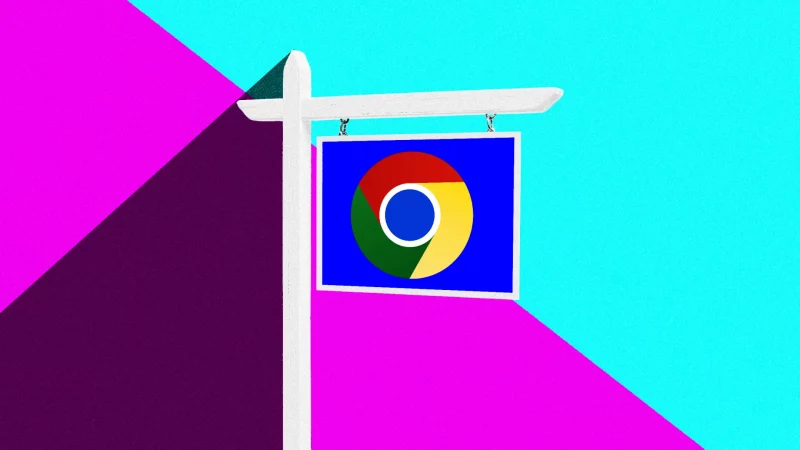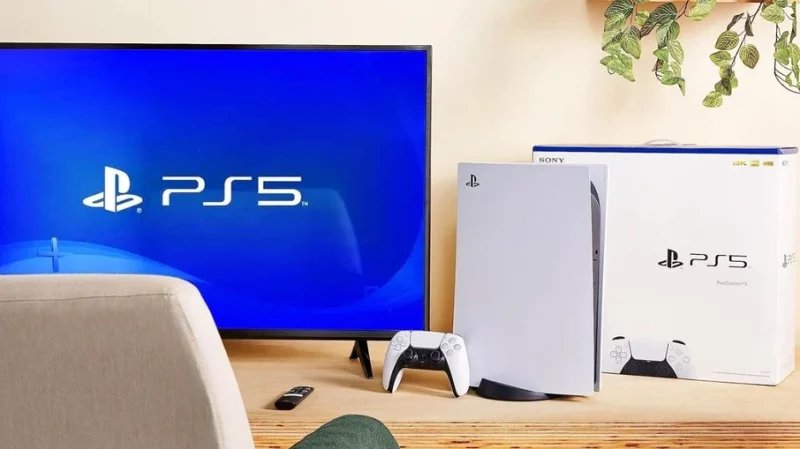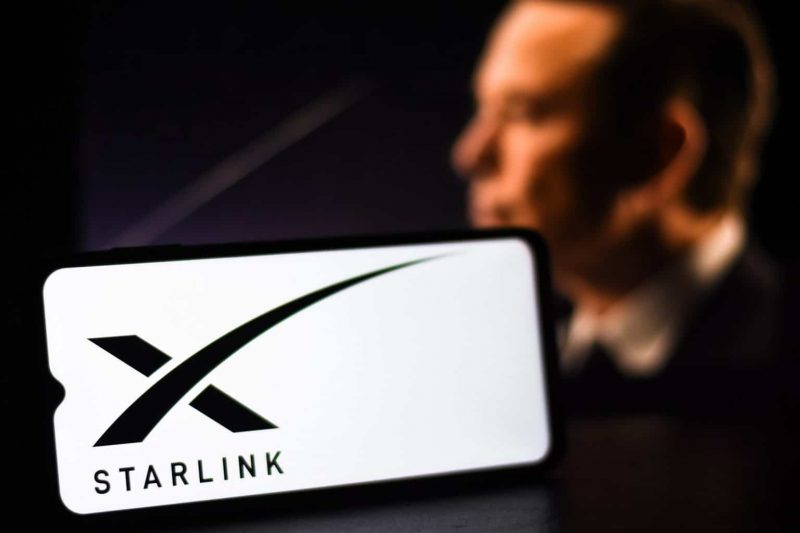Images: Andy Dean/Adobe Stock; Google
Do you have a favorite web browser? I used to: It was called Flock, had an emphasis on social networking and sharing, and died in 2011. Nothing I’ve used since has warmed my heart quite so much. These days, I mostly use Safari on my iPad and iPhone, and both Safari and Chrome on my Mac.
On Monday, Bloomberg’s Leah Nylen and Josh Sisco reported that the U.S. Department of Justice intends to force Google to sell Chrome, the world’s most popular web browser. The potentially epoch-shifting move would be part of the remedy for Google’s dominance of web search (in August, U.S. District Judge Amit Mehta ruled that Google has an illegal monopoly on search).
Though the Bloomberg piece quotes an analyst who estimates that Chrome could sell for $15 billion to $20 billion, it’s not painfully obvious why it would be worth that much to anyone other than Google. The company benefits tremendously from its ability to leverage Chrome’s popularity to get ads in front of billions of eyeballs, one of the levers it’s pulled to become the digital advertising industry’s most powerful force. That’s a sizable part of why it’s in trouble with the DOJ in the first place.
Only a few other outfits might make a similar business model work: Amazon, Meta, Microsoft. Would any of them have the appetite to spend big bucks on Chrome? Or might some other company buy the browser and then strike a deal with one of them, akin to the arrangement that makes Google the default search engine in Safari and leaves Apple rolling in dough? Given the glacial pace of huge antitrust cases, we could have years to mull over such questions before anything happens—assuming that Google doesn’t wriggle its way out of a forced sale in the interim.
Meanwhile, the prospect of a dramatic twist in the browser business at least provides an excuse to reflect on how sleepy it’s become. Chrome and the other major contenders—Safari, Microsoft Edge, Firefox—are all fine. Just fine. Really! But it’s been years since any of them displayed much in the way of raw innovation—maybe partly because Google’s, Apple’s, and Microsoft’s browsers are all more necessary parts of platforms such as Android, iOS, and Windows than businesses unto themselves. They’re a means to an end, and that’s about it.
Browsers don’t have to be so humdrum, though. In fact, there have been multiple moments over the past three decades when they’ve been showcases for vibrant competition and bright ideas. There have been three of these periods so far, which I think of as Browser Wars 1.0, 2.0, and 3.0.
Browser War 1.0 involved the 1990s competition between Netscape Navigator—browsing’s first behemoth—and Microsoft’s Internet Explorer. That battle turned into fodder for the Department of Justice’s historic antitrust case against Microsoft, though Navigator was pretty much dead meat by the time the DOJ and Microsoft reached a settlement in 2001.
Browser War 2.0 pitted Internet Explorer against Mozilla’s Firefox, the open-source spawn of Netscape that made a serious dent in IE’s market share simply by being a far better product. (Firefox turned 20 this month: Here’s a 2004 Fortune article about its arrival that I’m sharing in part because it leads with a mention of . . . me.)
Browser War 3.0 commenced when Chrome entered the market in 2008, competing with both IE and Firefox and eventually eating their respective lunches.
In each case, the whole field of contenders went through rapid improvement. Chrome, for instance, brought an emphasis on speed and interface minimalism that was a revelation at the time. It inspired other browsers to de-cruft themselves, benefiting us all. But that was a long time ago. Today’s Chrome no longer feels anywhere near as lithe as the original, and no major new competitor has emerged to start the browser wars anew. Complacency rules the category.
Except not quite. As the big browsers have atrophied, browsing upstarts from small companies have kept innovation alive. Last year, I wrote about Arc, a browser that’s bursting with fresh touches—though it’s since become controversial for an AI feature that stitches together summaries of content it finds around the web, possibly robbing its sources of the clicks they deserve. My colleague Jared Newman loves Vivaldi. Maybe you have a favorite underdog browser? If so, drop me a line and tell me about it.
Would compelling Google to sell Chrome open up opportunities for newer browsers to gain market share? It would be nice to think so, but it seems just as likely that it would become a setback for them.
Like Edge, Arc and Vivaldi are both based on Chromium, the open-source version of Chrome’s technology. Google has every reason to invest in this platform, which has greatly facilitated the creation of alternative browsers. A new Chrome owner might or might not lavish as much attention on it. Even Firefox, which uses its own rendering engine rather than Chromium, is dependent on Google’s largesse: Most of Mozilla’s revenue comes from Google paying to be Firefox’s default search engine, similar to its relationship with Safari. You might not feel a twinge of sorrow if the DOJ were to prevent Google from signing such deals and Apple were to lose billions in easy money in the process, but I for one would hate to see Firefox caught in the blast radius.
Maybe a mandatory Chrome sale would result in some truly unexpected outcome that would reignite the browser as fulcrum of ingenuity, like OpenAI buying it and turning it into a truly AI-first product. If not—and it does seem unlikely—I hope some other development shakes browsing out of its torpor. We do too much of it for it to be so boring.
BY HARRY MCCRACKEN
Fast Company




